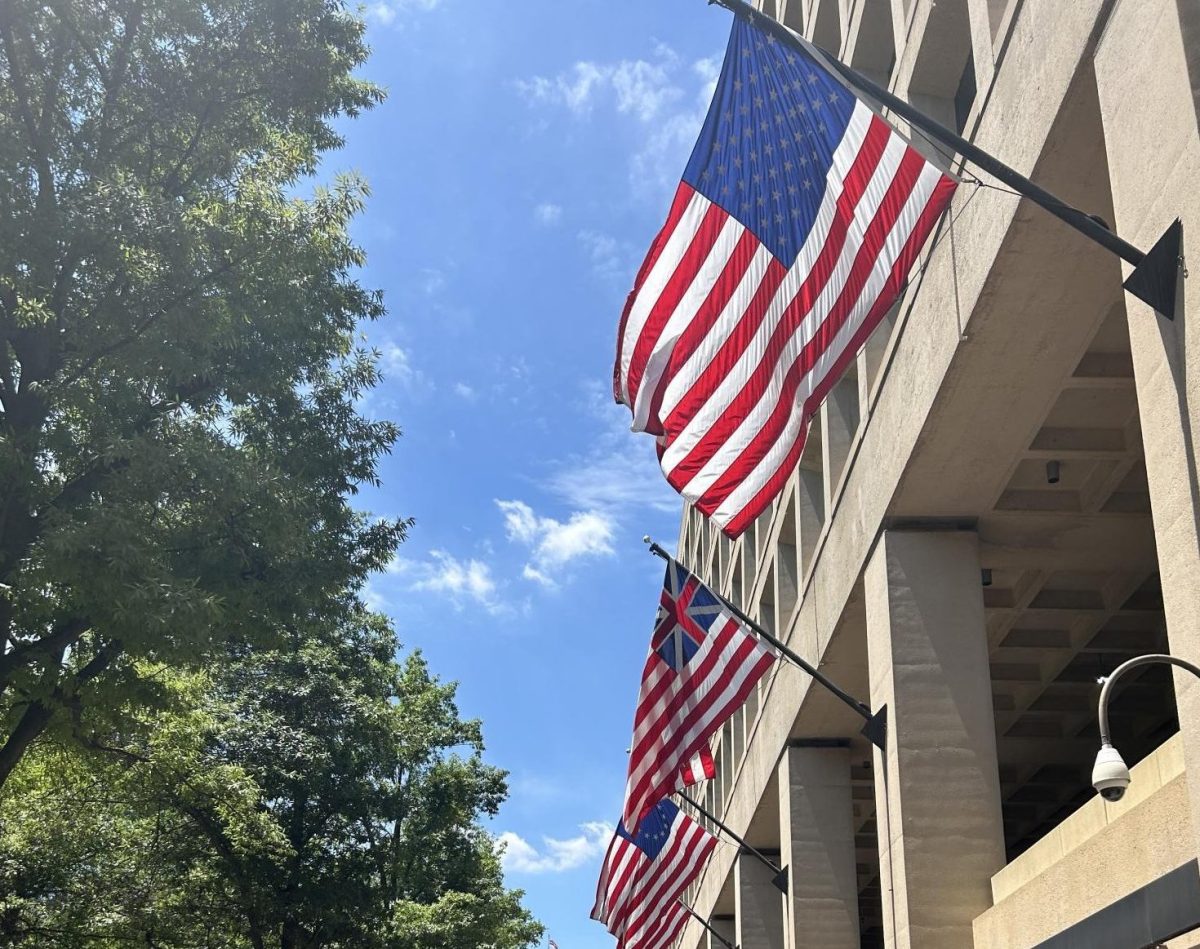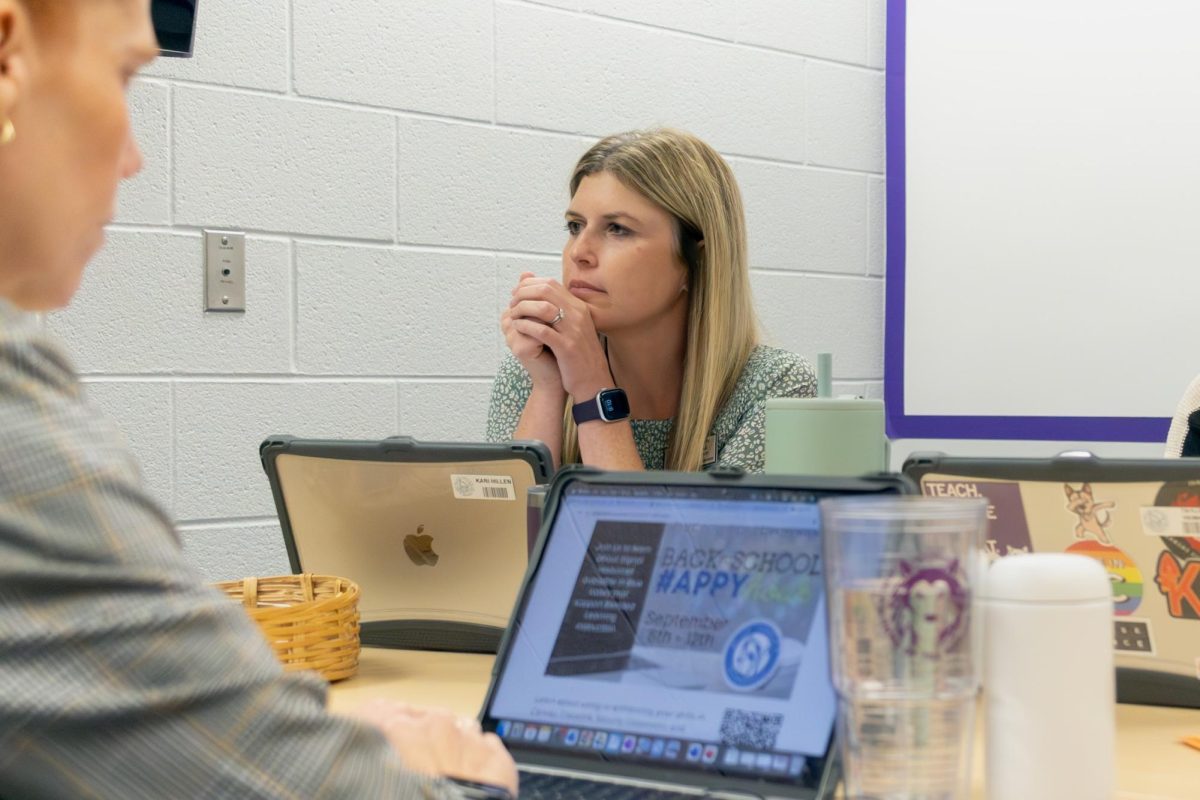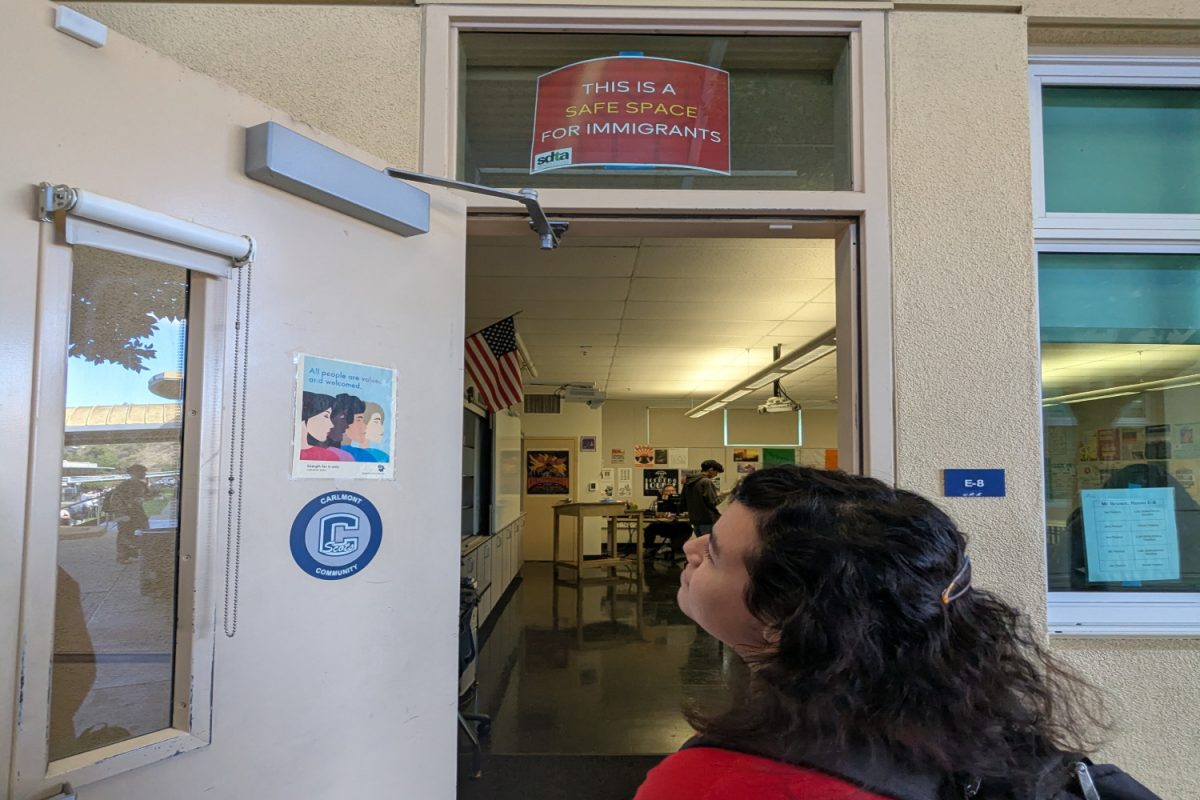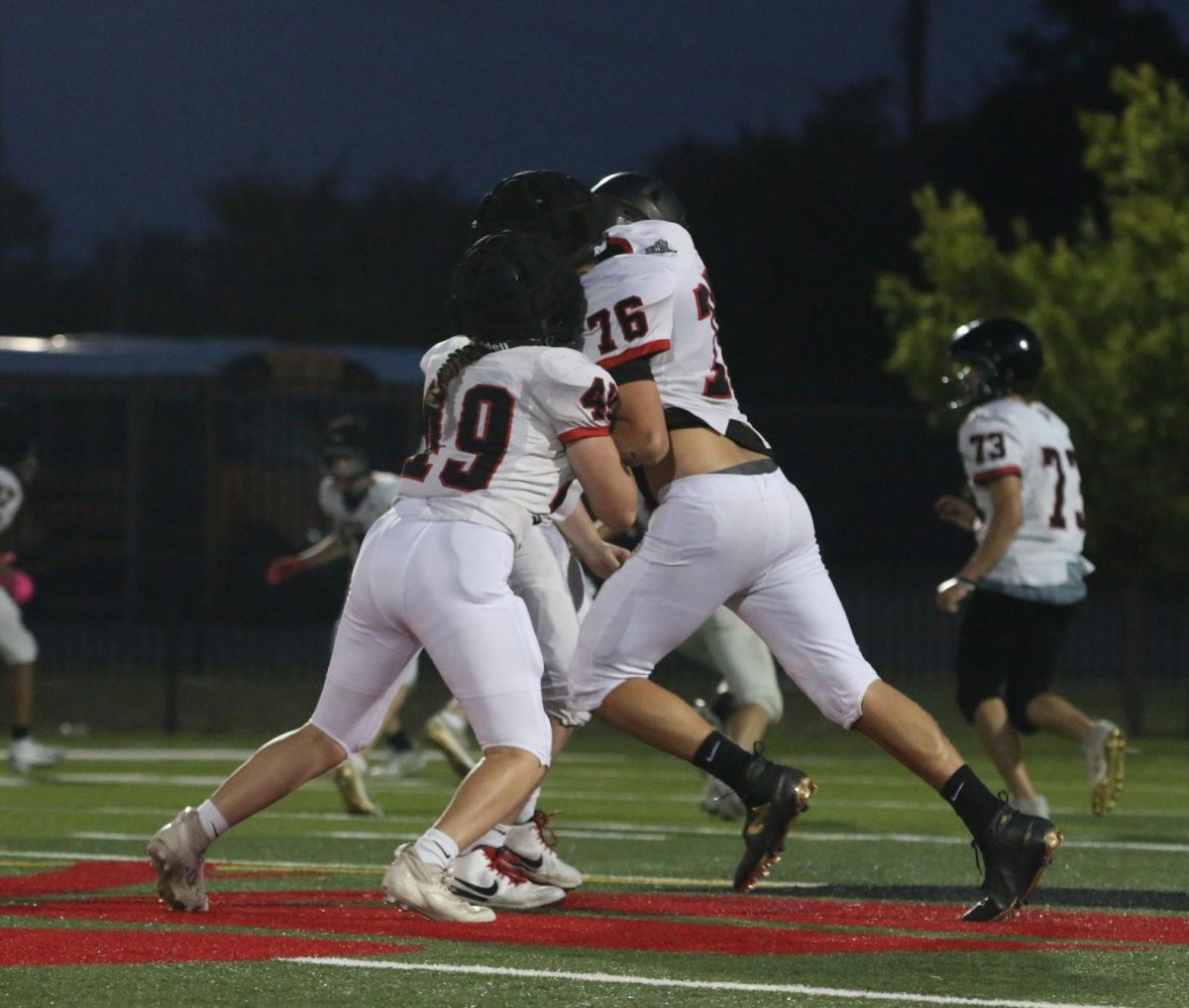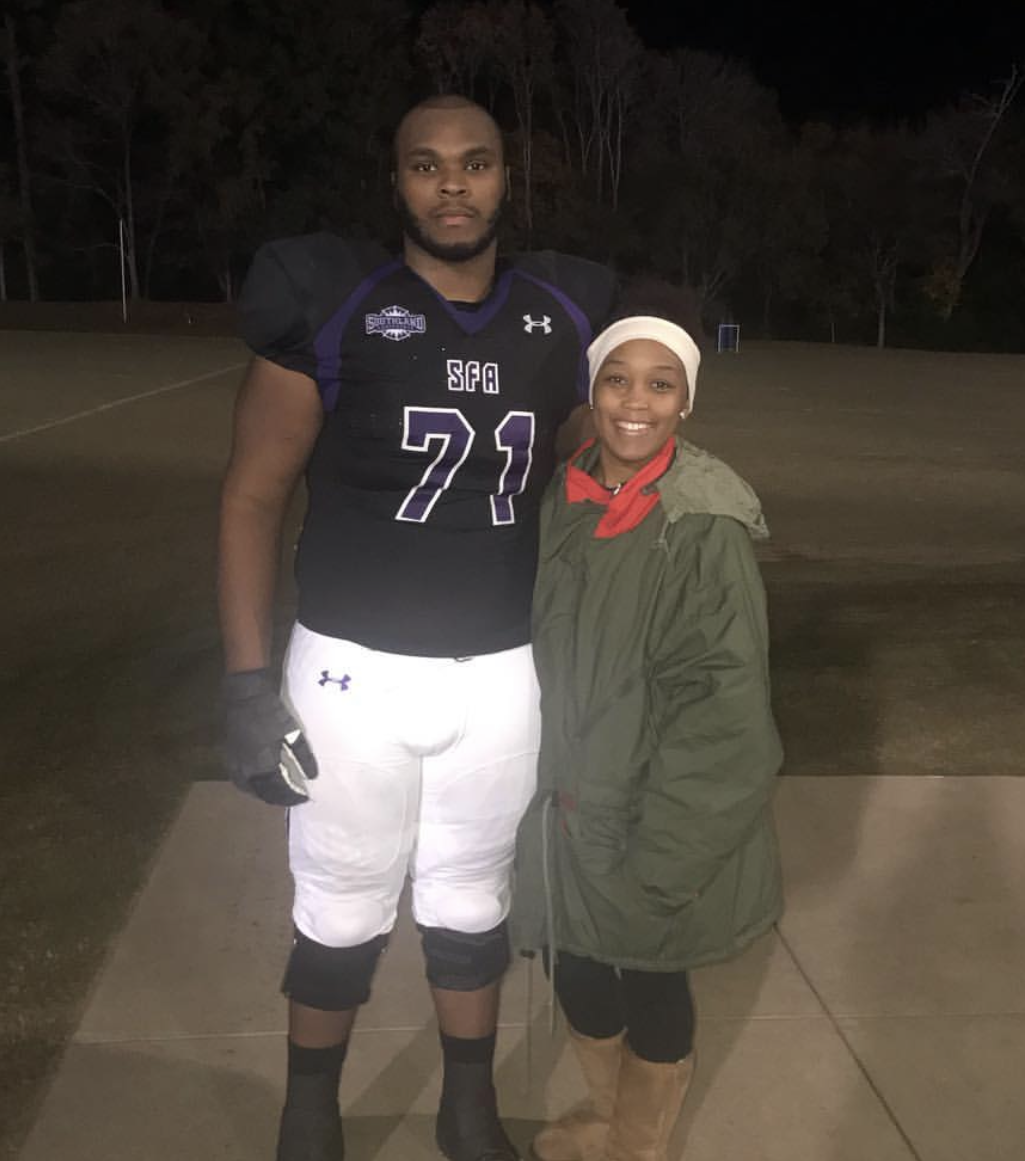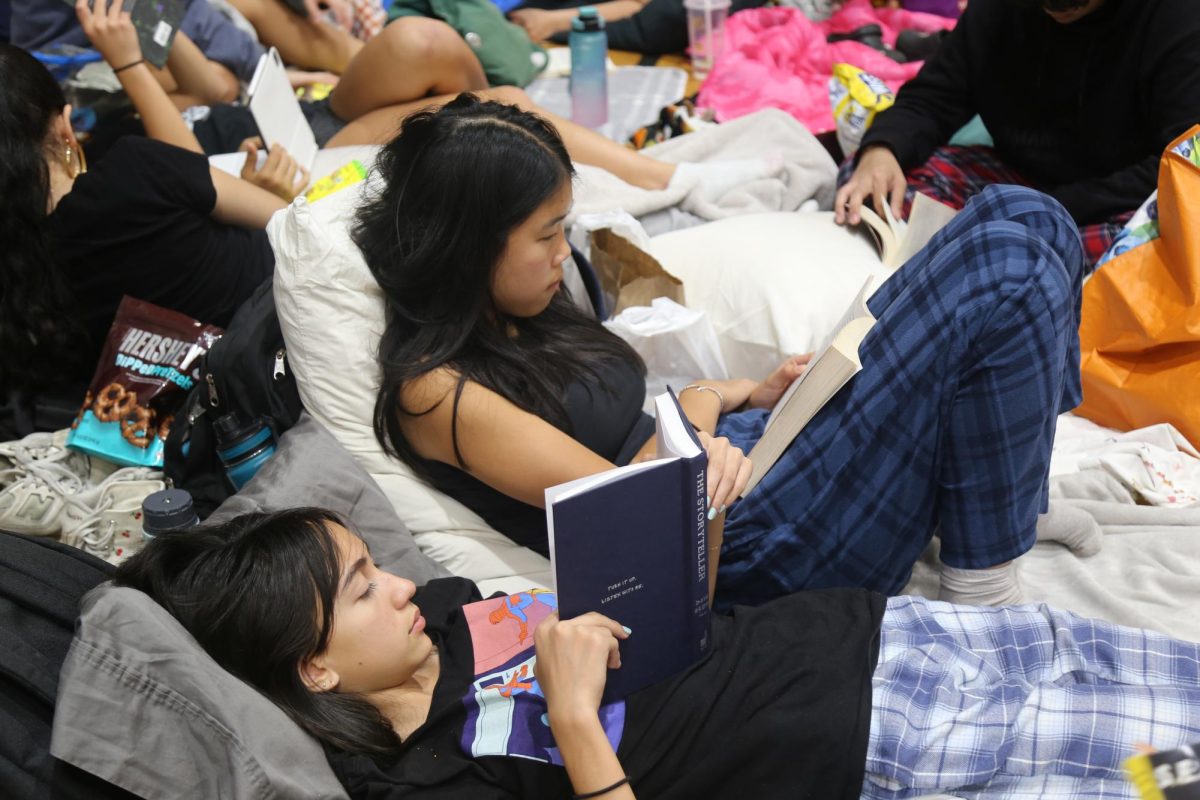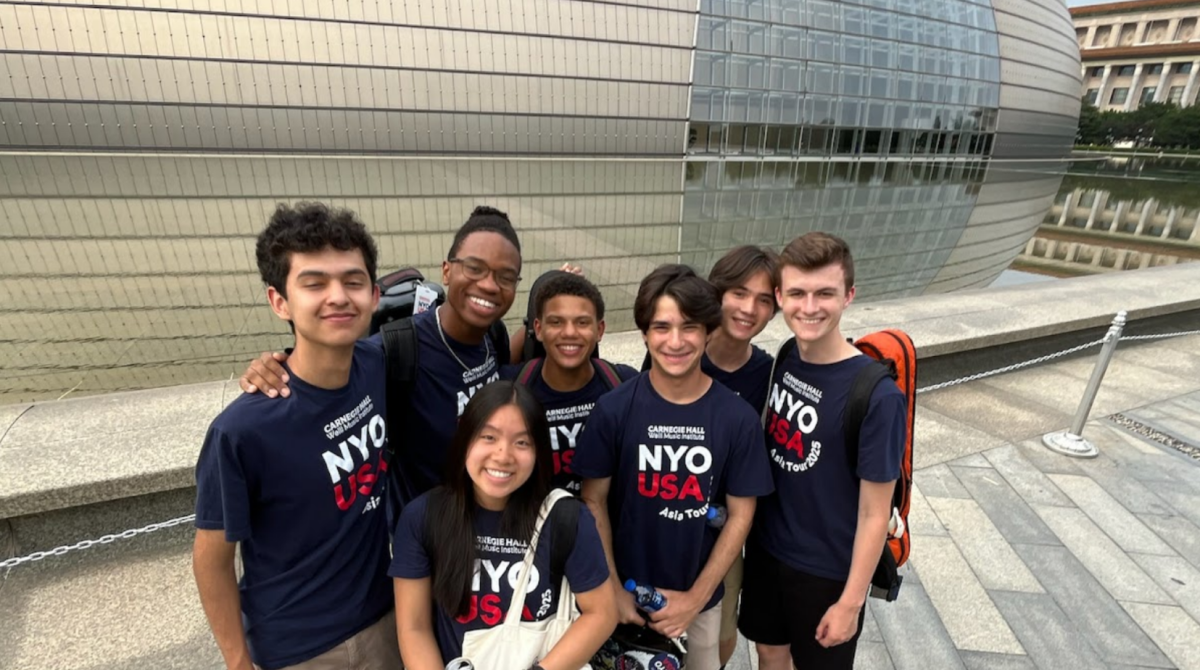Members of the Kentucky Student Voice Team (KSVT), a youth-led advocacy group, announced the filing of a lawsuit against the state of Kentucky on Tuesday, Jan. 14. KSVT was joined by supporters and legal representatives during the press conference at the Franklin County Courthouse.
The lawsuit, whose individual plaintiffs are all students in Kentucky public schools, asserts that the state is failing to provide students with an “adequate and equitable” education, as promised by the Constitution of Kentucky. This constitutional guarantee was expanded upon with the 1989 Rose v. Council for Better Education decision, which deemed the education system at that time to be unconstitutional.
“Too many of us do not have access to the quality education our parents received, and our schools are no longer meeting the standards required by our Constitution,” said Michelle Zheng, a plaintiff and a senior at Elizabethtown High School in Hardin County.
Zheng, a member of KSVT, is quoted in the lawsuit about her experience with students, teachers and other authority figures’ failure to properly address microaggressions that “mocked minority cultures.”
KSVT was co-founded by Andrew Brennen, who graduated from Paul Laurence Dunbar High School in Fayette County in 2014. Now a student at Columbia Law School, Brennan got his policy start at Kentucky YMCA youth programs.
“We started the, at the time Prichard Committee Student Voice Team, to try and provide a platform for young people to get involved in real policy that affects our lives,” he said.
One way KSVT has worked towards this goal is their Rose Revival campaign; consisting of six regional forums engaging with thousands of students, families, and educators since 2020. This campaign, as well as the complaint filed, is to affirm students’ rights to an adequate and equitable education, as ensured by the Rose case.
The Kentucky Supreme Court’s decision in Rose requires that adequate funding be provided to schools in order to meet seven defined “capacities,” or standards, for knowledge and skill development. The seven capacities of Rose include access to arts, civics and mental health education, as well as post-secondary readiness.
KSVT partnered with experts at Harvard Law School and the Teachers College of Columbia University in order to craft the suit. The plaintiffs will be represented by Louisville law firm Kaplan, Johnson, Abate, & Bird LLC. Lawyers from both Harvard and Columbia are filing motions to appear as out-of-state representation alongside the local firm.
Referencing the Rose decision, the lawsuit also discusses guidelines established by the Kentucky Education Reform Act (KERA) of 1990. KERA overhauled the state’s education funding standards, and created a national blueprint for accountability by assessing schools based on student performance.
“We know that in the 80s and 90s, Kentucky was truly a national headliner in how education was funded and how education systems were created and supported. In Kentucky, we know these capacities are no longer being met,” Peter Jefferson said.
A member of KSVT and senior at Henry Clay High School in Fayette County, Jefferson worked to spread awareness against the proposed Amendment 2 regarding school choice vouchers in Kentucky.
The lawsuit comes less than two years after the Kentucky state legislature passed Senate Bill 150 (SB 150). The bill’s sweeping legislation limits gender-affirming care for minors, as well as the abilities of schools to teach about human sexuality and gender identity. It requires schools “…to ensure any child, regardless of grade level, enrolled in the district does not receive any instruction or presentation that has a goal or purpose of students studying or exploring gender identity, gender expression or sexual orientation.”
“I personally recall that my freshman year, when [Senate Bill 150] went into account, that disrupted my educational standard,” Chase Colvin (11, HSU), a plaintiff and Manual student, said in an interview with Manual RedEye.
When SB 150 passed, students and teachers alike were concerned about what the bill might not allow in classroom discussions. Colvin was enrolled in an Oral Communications & Debate Class at the time; oral communication is one of the seven Rose capacities. The class was in the middle of a multi-round debate on sex education at the time of the bill’s passing.
“We made it past the first round, and we were going into a second round. Once the bill went into effect, my teacher stopped the debate and had us switch topics,” Colvin said.
Additionally, Kentucky’s civic education standards were one of the primary concerns expressed by the 10 students who spoke at the press conference. At Manual and throughout the state, many students are provided with the option to receive the civics credit required for graduation by taking the 100 question state civics test.
“We know that almost half of Kentuckians can’t name three branches of government. I mean, we know that you can only participate in democracy if you are well informed,” Jefferson said.
According to the 2023 Kentucky Civic Health Assessment conducted at the University of Louisville, more than one-fourth of regular voters could not name one branch of government, and 71.3% of this group “could not name either of Kentucky’s senators.” These statistics, joined with the data referenced in KSVT’s recently filed claim regarding student proficiency rates in core areas such as social studies, reading and math, highlight the academic disparities amongst school districts.
“Even in states where we’ve gotten a lot more money, I don’t see that kids are getting a good civic education or they’re being well prepared for the job market,” Michael Rebell said, a professor of law and education policy at Teachers College at Columbia University.
Rebell is one of the attorneys representing KSVT and other plaintiffs in this complaint. In an interview with RedEye, Rebell explained that when looking for a state for a test case regarding educational adequacy standards, Kentucky’s history with Rose made it a good option.
Unlike the Rose case, which was filed by districts and superintendents within the Kentucky Council for Better Education (CBE), the claim filed by KSVT is exclusively student plaintiffs, with KSVT being a student-led organization.
“It’ll be better if it comes from the students than from the superintendents… they’re [CBE] going to put in an amicus brief, they’re very supportive, the teachers unions are very supportive,” Rebell said.
The Kentucky legislative session for 2025 convened on Jan. 7, however Attorney Michael Abate said in an email to the Kentucky Lantern that this lawsuit is not expected to influence the current legislative session.
“It’s not an attack on the schools, it’s not an attack on the teachers or the administration, it is just saying we think Kentucky schools are worth looking into, worth advancing our education and advancing the quality we receive,” Colvin said.
To read the complaint as it was filed, click here.
This story was originally published on Manual RedEye on January 15, 2025.


